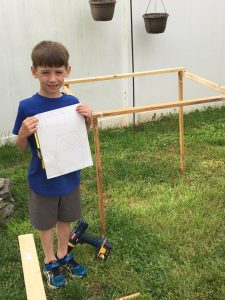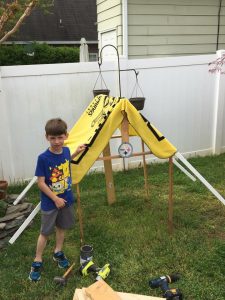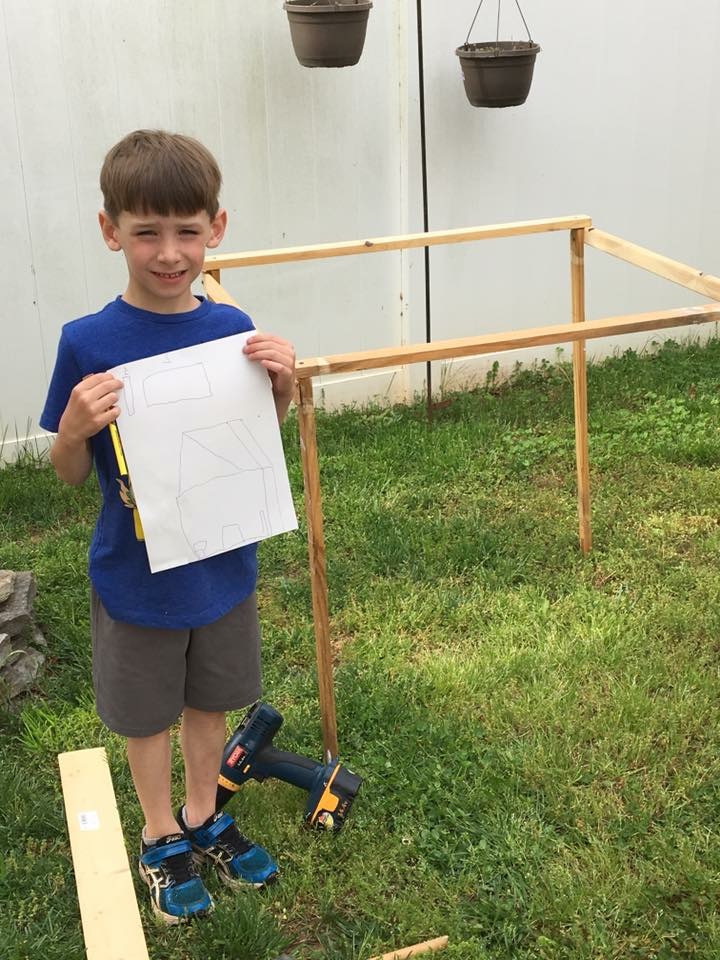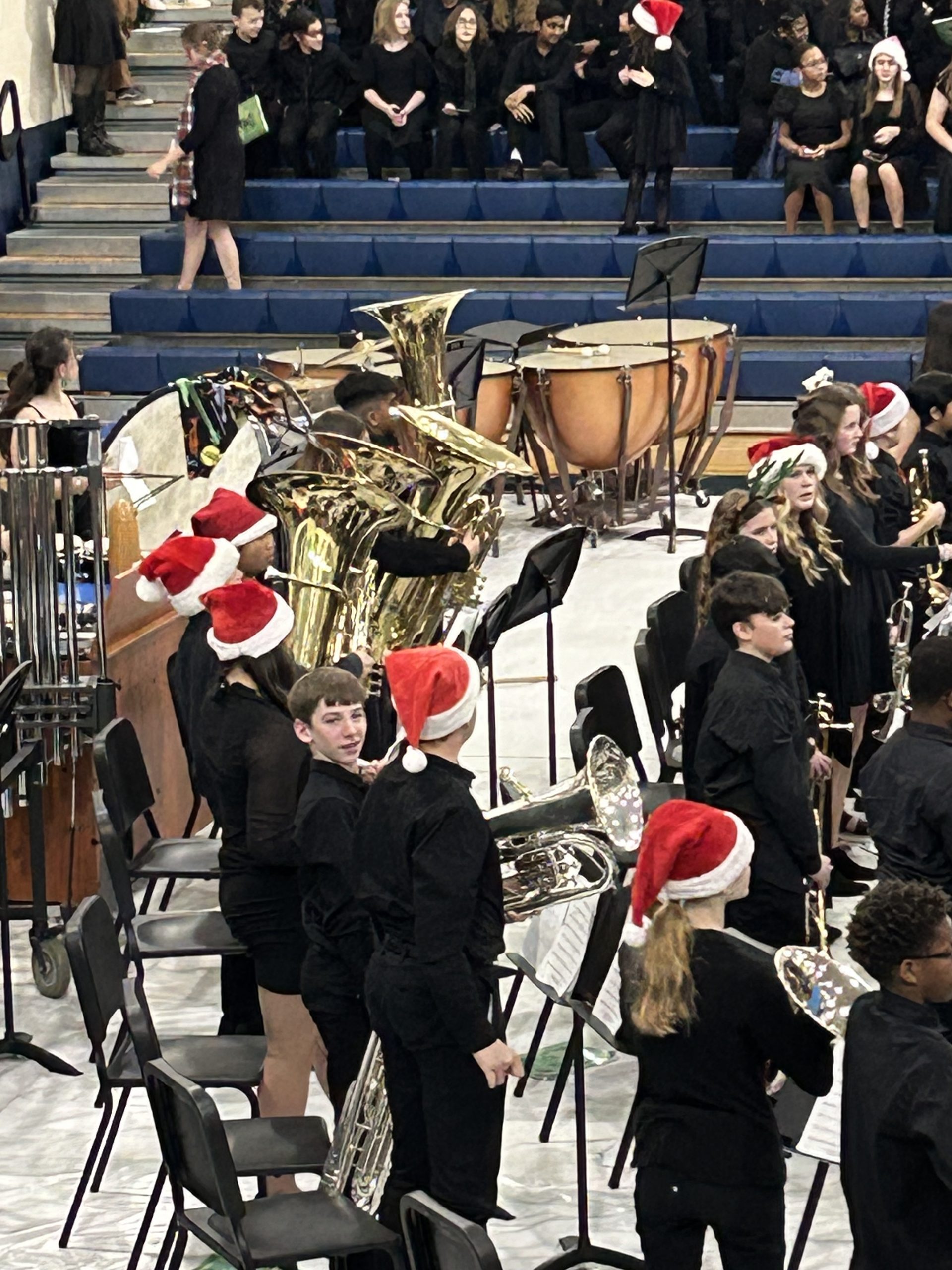Design focused schools are a new thing in education. The world today is more complex than ever. Education must keep up with the growing needs. Problem based learning, project based and inquiry in addition to a growth mind set has developed into ‘design focused’ thinking in education. However, there is much confusion as to the exact definition of ‘design thinking’.
Design focused schools begin with how students think. Students design something that another will use. Therefore, it requires students to understand the needs of other people. Students must have empathy, consider the problem, know materials and resources and understand how to budget both time and money.
Design Involvement

Simply put, students begin the process with a brainstorming session. Once decided on a project, they create a model or drawing and decide on the materials and resources for the completion of the project. The design process parallels an open inquiry process. Throughout the process, students must be able to ask questions. When all is accomplished, they share the project with society. To summarize, there are five basic stages to the design process.
• First, students must have empathy. They must understand today’s problems.
• Then, they decide on the problem to solve.
• After that, a brainstorming session begins on gathering ideas and identify solutions to the problem.
• Next, students create models or prototypes. They then discuss which is best and why.
• Last, students test and redefine as necessary.
These stages are non-linear. And, during each stage students must question the process.
Design focused lessons are not new. They are an old process that is tweaked to fit today’s needs. Projects range according to the curriculum and space intended. Some claim that it is not a process, but a mindset. They say it is a fancy way to describe innovated thinking and modeling with empathy. It involves improving life in today’s world. It requires creativity and an open mindset.
![]()



